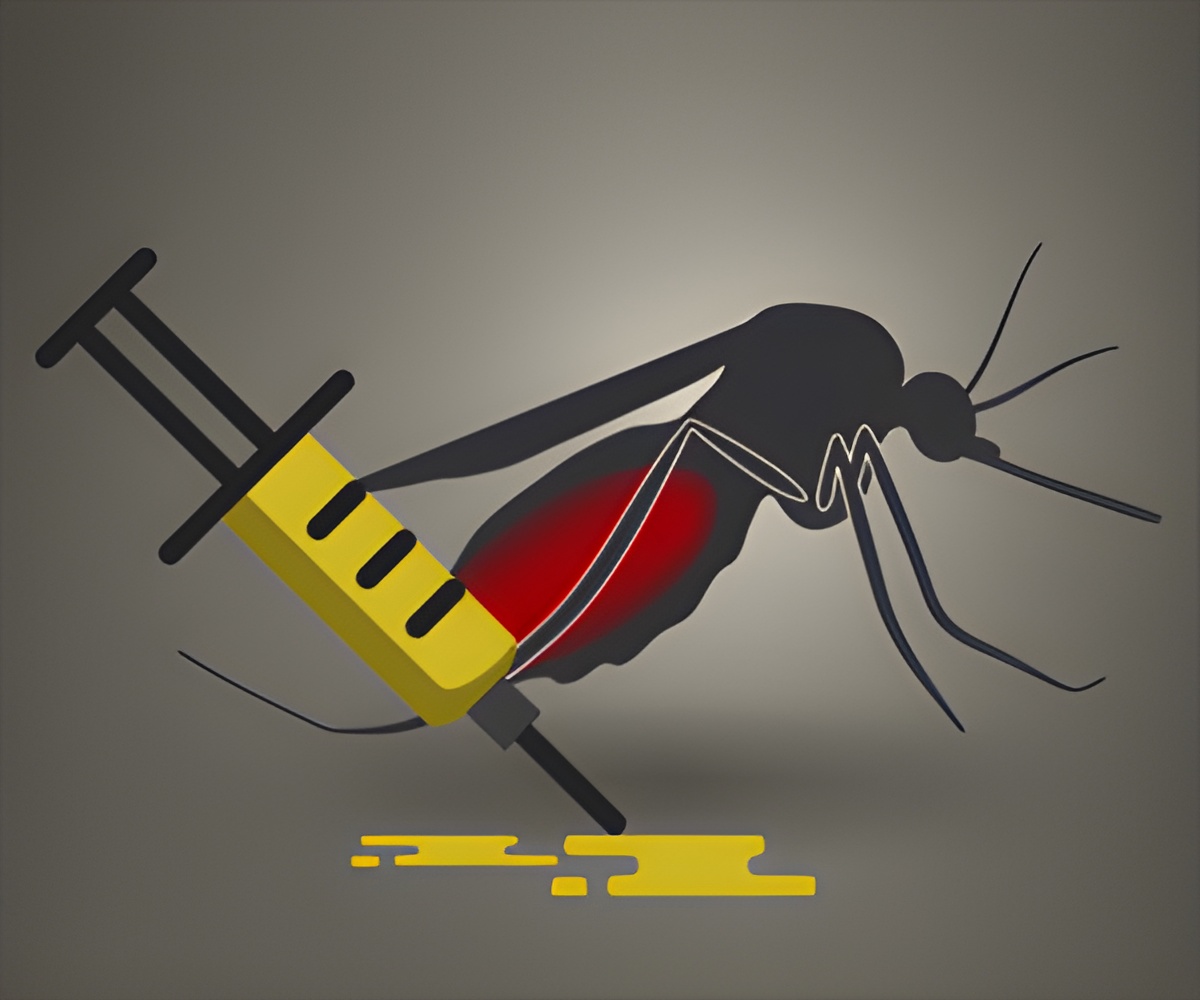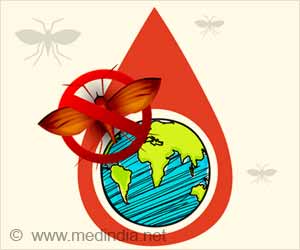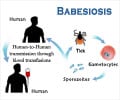Various stages of the development of human malaria parasites, including stages involved in malaria transmission, are linked to epigenetic features discovered.

TOP INSIGHT
Various stages of the development of human malaria parasites, including stages involved in malaria transmission, are linked to epigenetic features.
Le Roch and her colleagues analyzed the genome organization when the parasite replicates inside red blood cells and during sexual differentiation in P. falciparum, as well as during the transmission stage from mosquito to humans in P. falciparum and P. vivax. P. falciparum is the most common and deadly parasite. P. vivax, responsible for significant disease, is found mostly in Southeast Asia. Understanding how the transitions between the various life cycle stages of the parasites are regulated remains an important goal in malaria research. The researchers used next-generation sequencing at UCR to understand the epigenetics features and how the Plasmodium chromatin is organized throughout the parasite's life cycle. "The sequencing showed us how the Plasmodium genome is organized," said Le Roch, who directs the Center for Infectious Disease and Vector Research at UCR. "We observed that genes that are stage-specific and important in pathogenesis are close to each other. When they are not needed, they cluster together in a repressive center in the parasite nucleus. When they are needed, the chromatin opens up and genes move away from the repressive center."
The findings bring a new level of insight into genome organization and dynamics during the Plasmodium life cycle, the authors argue, and open up new avenues for targeted approaches toward understanding parasite gene regulation. "Molecules inhibiting the restructuring of the genome throughout the life cycles have the potential to act as potent antimalarials," Le Roch said. "Understanding the genetic and epigenetic elements that control parasite development, including the stages that are responsible for transmission of the disease, is key to the ultimate development of new therapeutic and transmission blocking strategies."
Le Roch, a member of UCR's Institute for Integrative Genome Biology, recently received a five-year, $3.2 million grant from the National Institutes of Health to continue her work on the chromatin structure in Plasmodium. "This generous grant will allow us to develop state-of-the-art approaches to characterize proteins and molecular components that regulate the gene expression and 3D genome architecture of P. falciparum throughout its life cycle," she said. "We expect our new study will offer fresh insights into the biology of the parasite and help us identify novel targets to kill the parasite."
Source-Eurekalert
 MEDINDIA
MEDINDIA




 Email
Email










